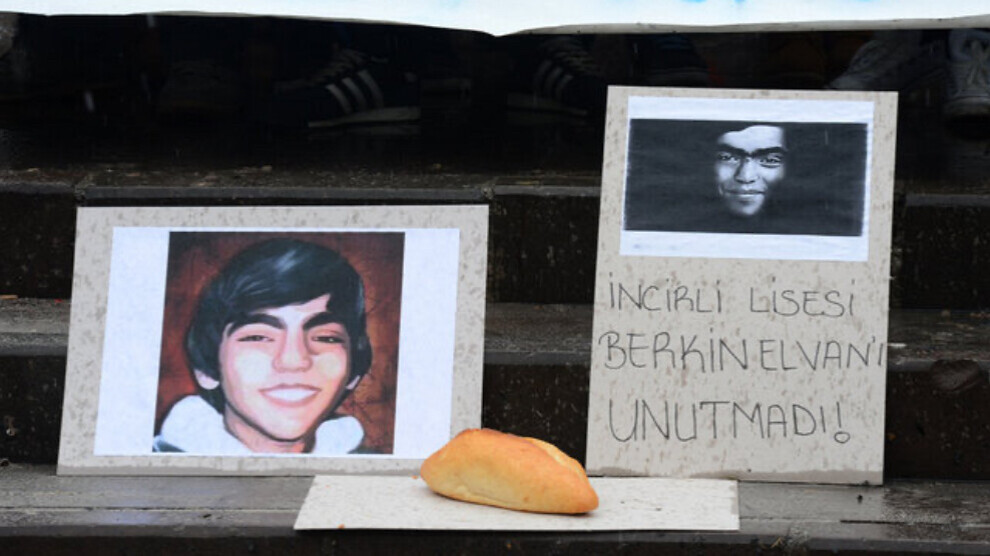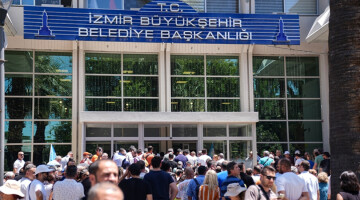More than eleven years after Berkin Elvan's death, the Turkish Court of Cassation has upheld the verdict against the shooter, police officer Fatih Dalgalı.
Dalgalı had been sentenced in 2021 to 16 years and eight months in prison for killing the boy with “conditional intent.” With the decision by the country's highest court of appeal, the verdict is now final.
Berkin Elvan was 14 years old when, in June 2013, he was hit in the head by a tear gas canister fired by police officer Dalgalı while on his way to a bakery on the outskirts of the Gezi protests in Istanbul. The teenager fell into a coma and died 269 days later on March 11, 2014. His fate became a symbol of state violence during the nationwide Gezi protests.
The protests were originally directed against the development of Gezi Park in the heart of Istanbul, but quickly developed into a broad movement against the increasingly authoritarian policies of then-Prime Minister Recep Tayyip Erdoğan. The police used massive force against demonstrators. Eight people were killed nationwide and hundreds were injured, many seriously.
Police officer Dalgalı was brought before a court in Istanbul. The judges concluded that the officer had acted with “conditional intent” – a form of intentional killing in which the perpetrator considers the fatal outcome of their actions to be possible but nevertheless accepts it.
The verdict was initially upheld by a regional appeals court in 2023. This meant that the conviction had already been recognized at the state level, but was not yet final. Only now has the Court of Cassation upheld the verdict, clearing the final legal hurdle. The police officer now faces imprisonment, but remained free until recently.
The final ruling against Fatih Dalgalı marks the end of a long legal process – but not the end of the political dispute over how to deal with the violence during the Gezi protests. Many observers still believe that the actions of state authorities at the time remain largely unpunished.
In February 2023, the European Court of Human Rights (ECtHR) also handed down a ruling in the Berkin Elvan case. The judges in Strasbourg accused Turkey of not being independent and of failing to adequately fulfill its duty to investigate, stating that neither the role of high-ranking officials in the national law enforcement agencies nor that of the then governor of Istanbul had been thoroughly investigated. No compensation was awarded because Elvan's parents had not requested financial compensation.













